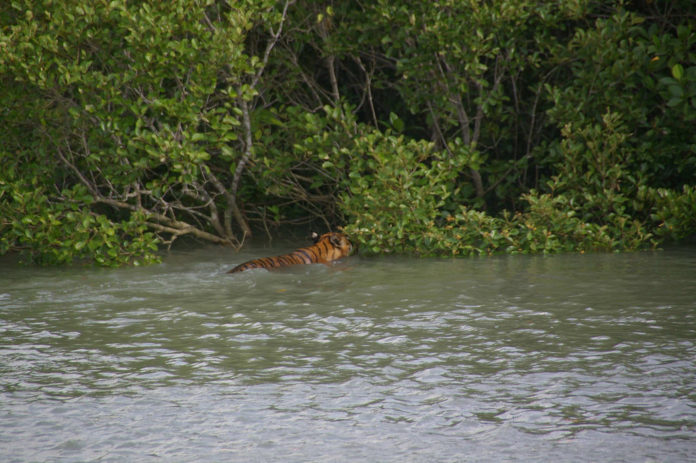Environmental crime cases piling up, disposal slow – says annual State of India’s Environment report
Even with a drop in the number of wildlife crimes in the country between 2019 and 2020, India sees two cases recorded every day. At the same time, courts are disposing cases at a rate much lower than that of new cases recorded, leading to a pile-up and delays — says the 2021 State of India’s Environment (SoE) report, an annual publication brought out by Down To Earth magazine in association with Centre for Science and Environment (CSE). The report was jointly released here today at an online event by over 60 environmental thinkers and activists, journalists and academics from across India.
In 2019, 34,671 environment-related crimes were registered. Over 7,000 cases were pending police investigation, and almost 50,000 cases were pending trial in courts.
Uttar Pradesh, Rajasthan and Maharashtra accounted for 77 per cent of India’s wildlife crimes in 2019. Between 2018 and 2019, some states saw an increase in wildlife crimes: these included Gujarat, Maharashtra, Bihar, West Bengal and all the states of the northeast.
“We have a long way to go, when it comes to dealing with environmental crimes,” says Down To Earth’s wildlife and forest reporter Ishan Kukreti. “At the rate at which we are going, courts will need to dispose of a humungous 137 cases a day to clear the existing backlog within a year.”
The courts are, understandably, stretched. In 2019, the average number of cases (under all environment and pollution-related laws) they managed to dispose of every day stood at about 86.
The SoE’s analysis shows that in all of 2019, only 0.13 cases under the EPA (Environment (Protection) Act) could be disposed of every day – at this rate, courts would take more than 20 years to clear the backlog of cases under this Act. Similarly, cases under the Wildlife Protection Act (a mere 0.66 were disposed off per day in 2019) would take over 13 years.
Says Down To Earth managing editor Richard Mahapatra: “The maximum number of cases that courts are managing to dispose of currently come under the Cigarette and Other Tobacco Products Act and the Noise Pollution Act. We need to clear the backlog under the other laws as well. Environmental crimes – as the United Nations has pointed out – have the potential to threaten security and sustainable development of nations, and must be dealt with a heavy hand.”

Reported by Ms. Pratyusha Mukherjee, a Senior Journalist working for BBC and other media outlets, also a special contributor to IBG News. In her illustrated career she has covered many major events and achieved International Media Award for reporting.




















